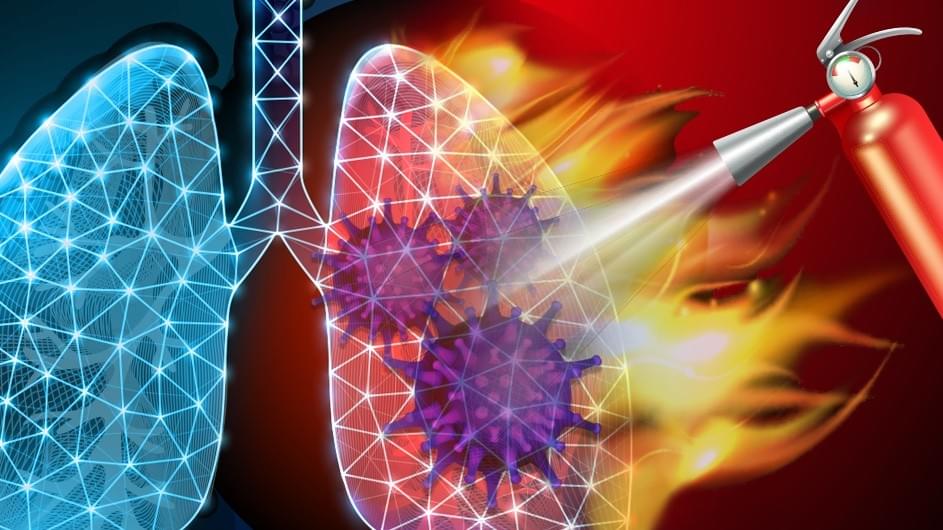New research shows that ferroptosis, a form of cell death, occurs in severe COVID-19 patient lungs. Stopping it improves outcomes. In some severe cases of COVID-19, the lungs undergo extreme damage, resulting in a range of life-threatening conditions like pneumonia, inflammation, and acute respiratory distress syndrome. The root cause of those wide-ranging reactions in the lungs has until now remained unclear.
A new study by researchers at Columbia and the Columbia University Irving Medical Center sheds light on this mystery.
The study found that ferroptosis, a form of cell death first named and identified at Columbia in 2012, is the major cell death mechanism that underlies COVID-19 lung disease.
